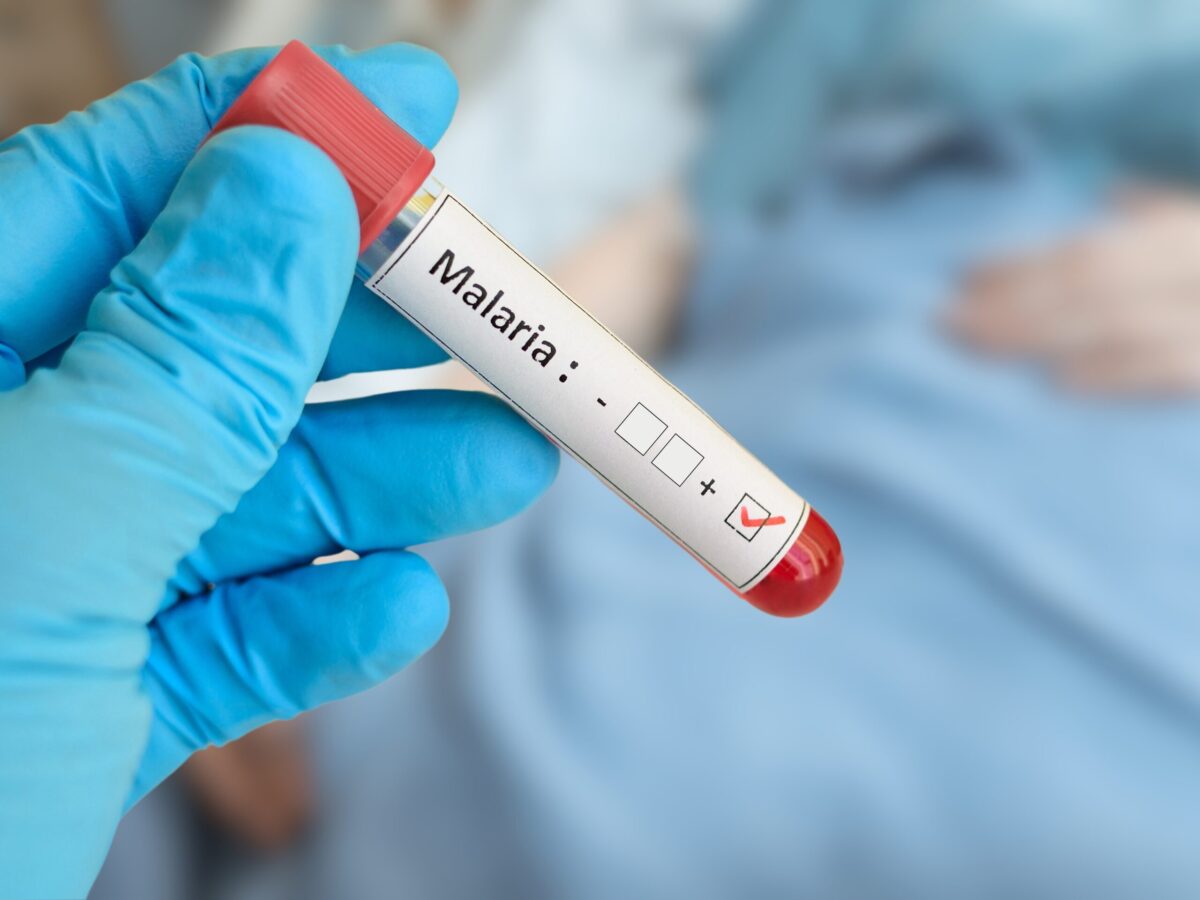According to researchers at the Perelman School of Medicine at the University of Pennsylvania, certain patients awaiting a kidney transplant may benefit from being given an organ from a donor with diabetes. While organs from deceased donors with diabetes are not usually considered to be ideal for transplantation, the researchers say that accepting the kidneys could be some patients’ best chance of survival.
Over 98,000 US patients are currently on the waiting list for a new kidney, however only 17,000 of these patients will receive a donor organ in any given year. Older patients and those whose chronic kidney disease has progressed to more advanced stages could see a better quality of life if they are given any kidney to get them off the transplant waiting list – even if that organ comes from a patient with diabetes.
“Most often, these organs are considered ‘high-risk’ as diabetes is a risk factor for kidney disease, and there may be underlying kidney damage that is not detected in initial organ screenings prior to transplantation,” said Dr. Jordana Cohen, an instructor of Medicine in the division of Renal-Electrolyte and Hypertension and lead author on the study. “However, there are many patients on the wait list who will die before they receive a kidney transplant. For these patients, based on this study, their best chance of survival and of having a better quality of life may come from accepting this kind of organ.”
Cohen and her colleagues say that patients who face the longest wait times – sometimes seven years or more – and those who have already been diagnosed with diabetes could also increase their chance of survival by receiving a diabetic kidney transplant. The researchers published their study in the Clinical Journal of the American Society of Nephrology.
The researchers collected data on over 430,000 kidney transplant patients from the Organ Procurement and Transplantation Network database. In their observational study, they found that 126,560 patients received a donor kidney from a nondiabetic, while 8,101 recipients were give a transplant with a diabetic kidney.
Cohen and her team then used a model to determine the risk of mortality associated with receiving a kidney from a diabetic, or non-diabetic, donor. They reported that the median follow-up for transplant recipients was just under nine years.
“Our goal was to evaluate the mortality risk of transplantation with diabetic donor kidneys compared to remaining on the kidney transplant waitlist, and to determine which patients would benefit most from transplantation with these organs,” said senior author Dr. Deirdre L. Sawinski, assistant medical director of Kidney Pancreas Transplantation, and an assistant professor of medicine in the division of Renal-Electrolyte and Hypertension. “In this analysis, we were able to determine that kidney transplant candidates who are at highest risk of dying on the waitlist, such as the elderly, patients with diabetes themselves, and those at centers with the longest average waiting times, benefit most from transplantation with diabetic donor kidneys, with a nearly 10 percent improvement in long term survival.”
The research team did, however, identify a few exceptions to the rule. For one, patients who received an organ from a diabetic donor which was considered to be of poor quality by a donor index, experienced no survival benefit. Secondly, transplant recipients under the age of 40 did not benefit from receiving a donor kidney from a diabetic person.
According to Sawinski, “patients, who are over the age of 40 or those who already have diabetes, should consider accepting a kidney from a deceased diabetic donor when available, in order to increase their chances of being transplanted sooner, and increasing their survival.” Diabetic patients who faced long wait times for a donor kidney experienced the greatest survival benefit from a diabetic kidney transplant.











Join or login to leave a comment
JOIN LOGIN